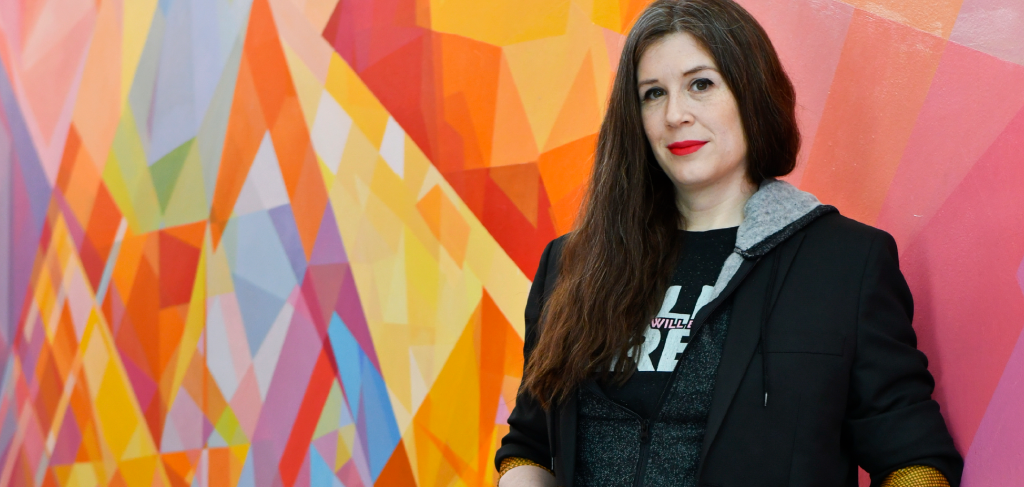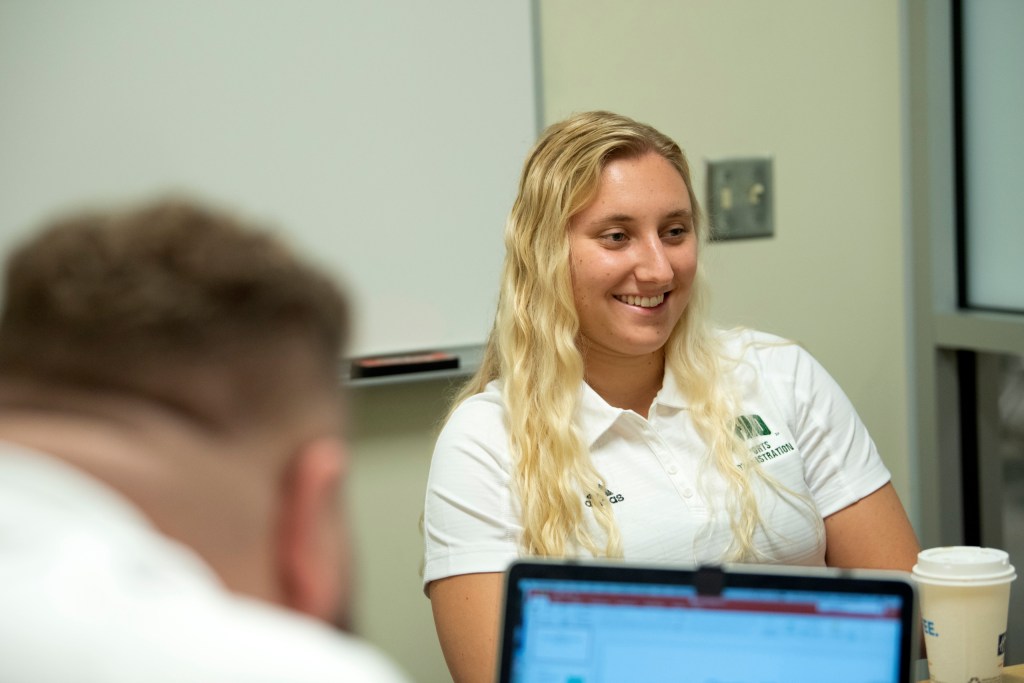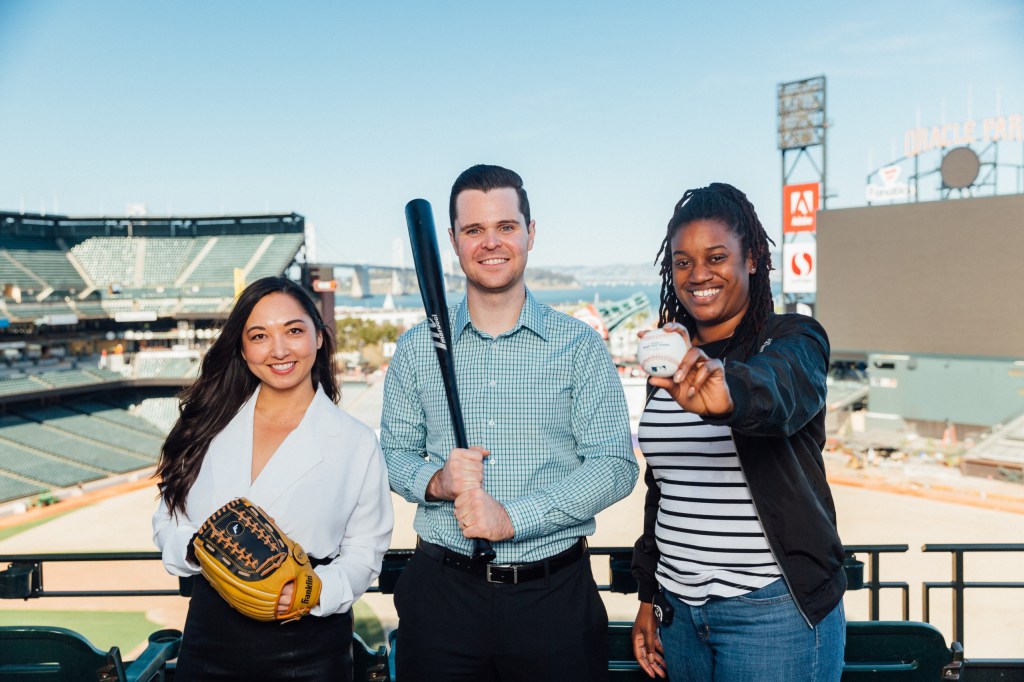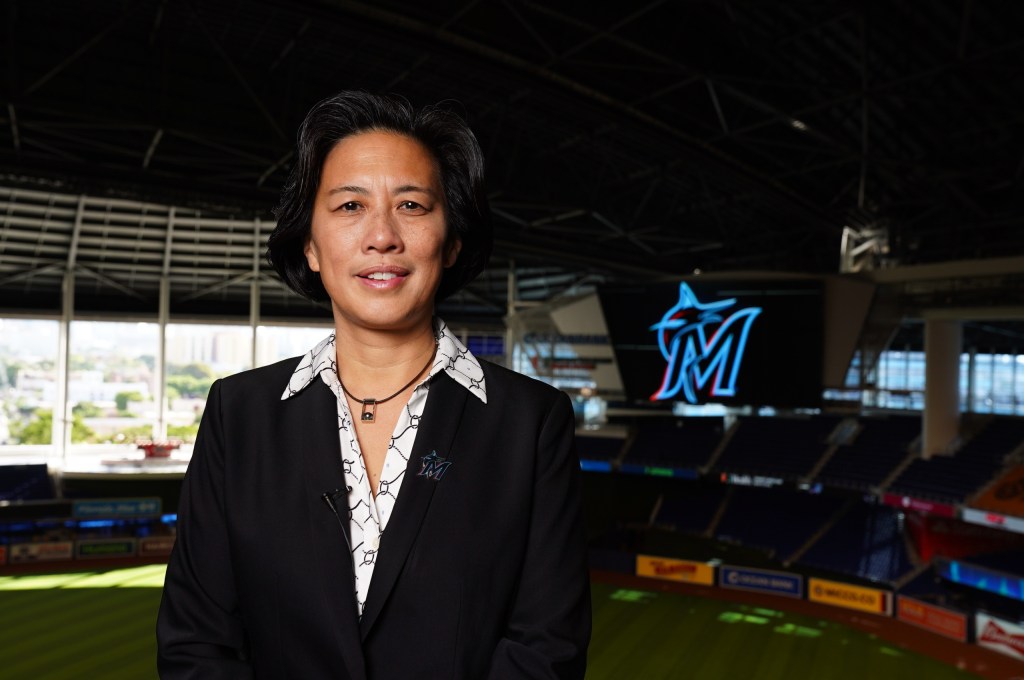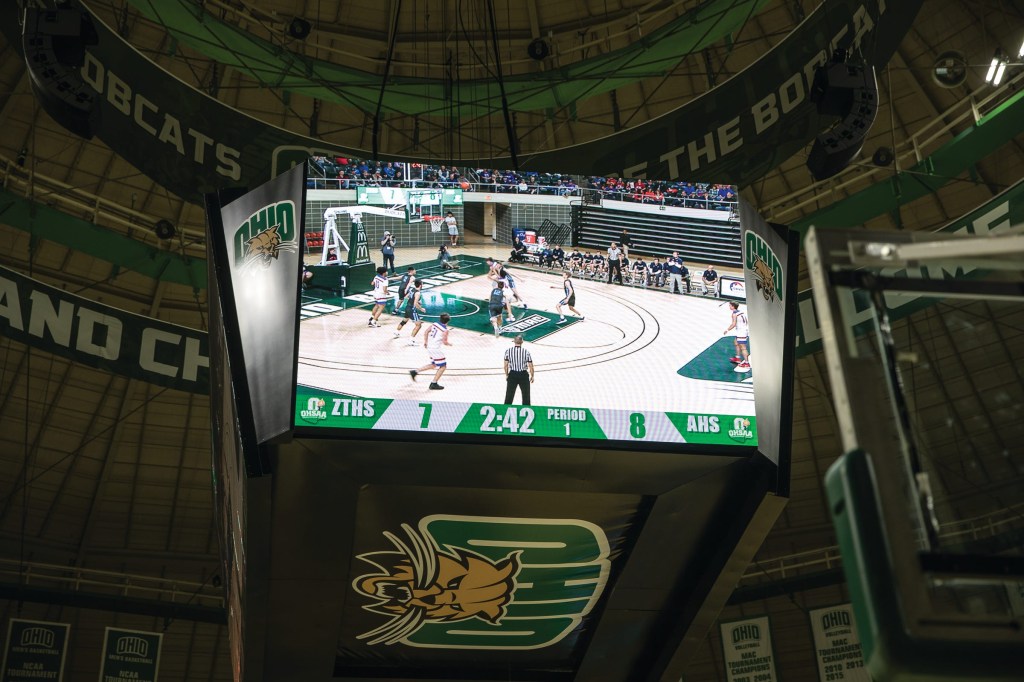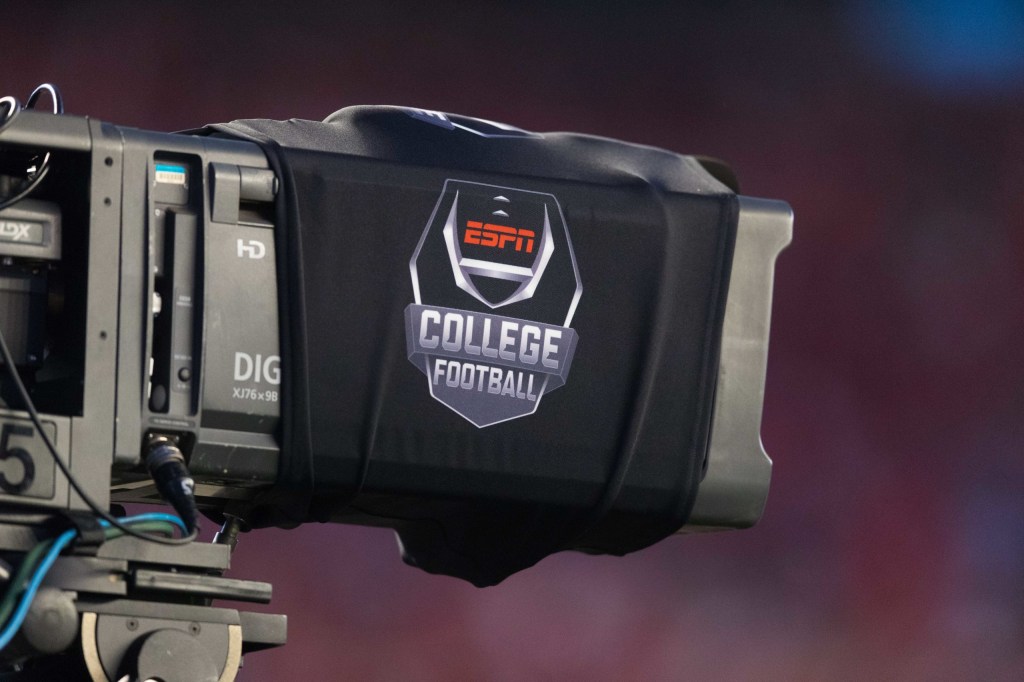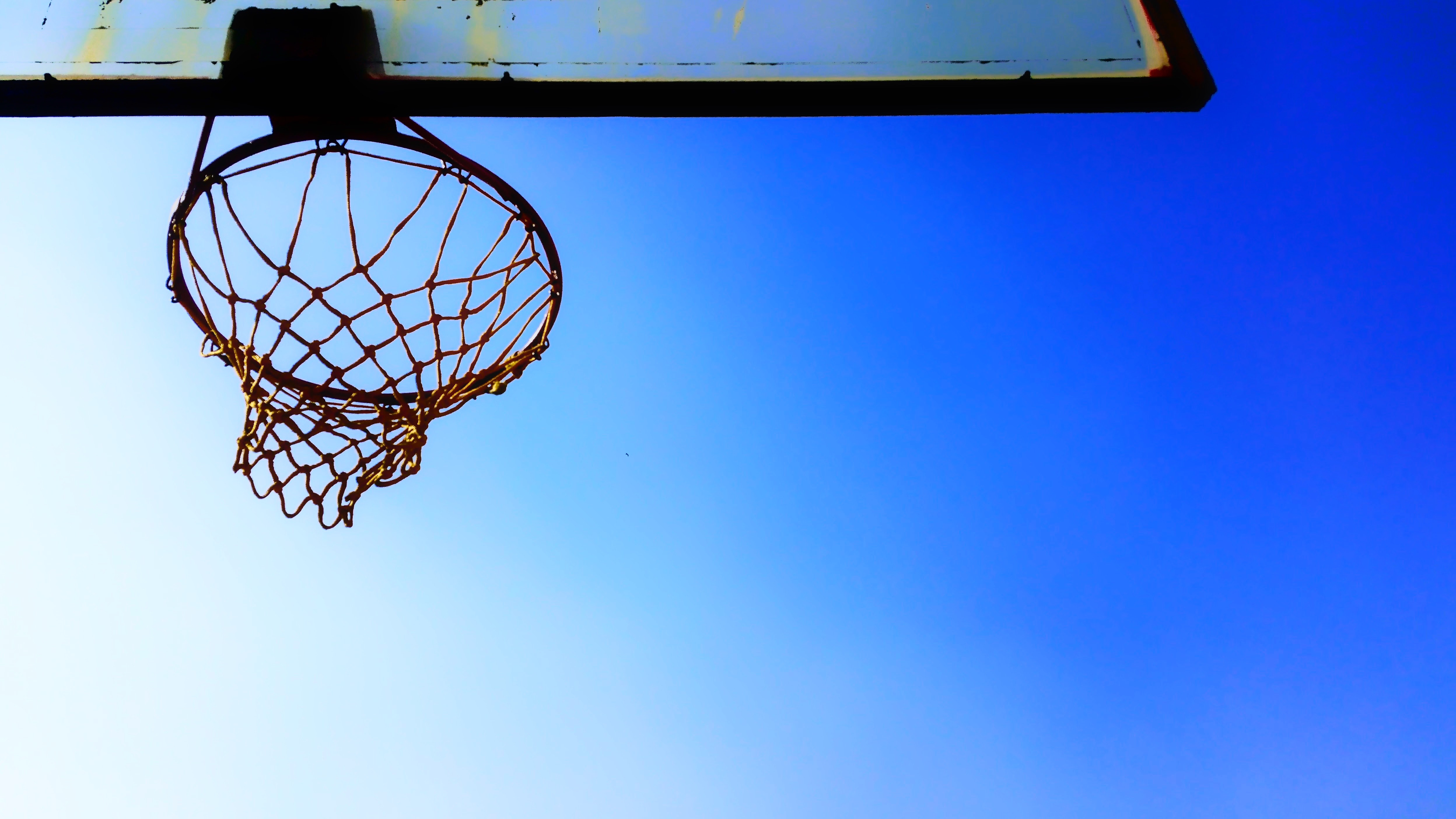
The NBA has been at the forefront of movements all year, including support of mental health initiatives. (Photo by Digital Buggu from Pexels)
According to the National Alliance on Mental Illness, nearly 44,000,000 adults (one in every five) will suffer from some sort of mental illness this year. This crisis impacts the health, welfare, and economic stability of hundreds of millions of Americans overall.
Despite being one of the most medically advanced countries in the world and despite incredible progress in the psychiatric field over the past few decades, one of the biggest challenges to improving the state of mental healthcare in the United States of America is the persistence of a negative stigma around mental health issues. Unfortunately, the American Psychological Association reports that “the public discriminates among psychiatric groups in terms of stigma” and that the prevalence of this stigma keeps people from seeking viable mental healthcare treatment. As a result, many who suffer from mental health disorders suffer alone: without treatment, without support, and without help.
While the challenges of a broken mental healthcare system are too great for any one person to solve, the National Basketball Association and the National Basketball Players Association are doing their part to help eliminate the aforementioned stigma: the hope is to create a dialogue about mental healthcare and to show that even the NBA’s best are not immune from issues like anxiety or depression.
[the_ad_group id=”1093″]
Since the beginning of 2018, the NBA, the league’s players, and NBPA have collaborated in a variety of ways to help address the problem.
A major way to combat the stigma is by publicly talking about mental health problems so that people can better understand their normalcy. As such, earlier this year, NBA All-Stars Kevin Love and DeMar DeRozan publicly revealed their own struggles with mental health issues. Kevin Love penned an article discussing a panic attack that he had during an NBA game earlier this season and the importance of seeking treatment. DeRozan revealed his challenges with depression and anxiety in an interview with the Toronto Star.
Recently, former NBA guard Keyon Dooling wrote “Running From A Ghost,” a powerful article in The Player’s Tribune detailing Dooling’s struggle overcoming mental health issues after being sexually assaulted as a child and as an adult. In 2012, while still an active NBA player, Dooling spent time in a psychiatric hospital in order to address his trauma.
“I can say it now, after years of therapy and self-reflection and work: I was sexually assaulted as a child,” Dooling wrote. “It did not define me as a person. It did not hold me back from reaching my dreams or from raising four amazing children… If you are hurting, get some help. I’ll say it again. If you are hurting, get some help. You can call out to God. But your second call should be the doctor.”
Fellow citizens, colleagues, and employers can also make a difference by collaborating to help those who are in need of mental health services.
In an effort to cater to the needs of its players and to improve the aforementioned dialogue about mental health issues, the NBPA announced that they will be forming a Mental Health and Wellness Program headed by Keyon Dooling.
“I am thrilled to be part of this new program within the NBPA,” stated Dooling, “I look forward to serving the needs of our players and to continue normalizing the conversation around mental health in the NBA.”
Want more content like this? Subscribe to our daily newsletter!
The program, which is among the first of it’s kind, represents a shift in professional sports away from the worn-out dogma associated with mental illness and toward an effort to improve the status of mental healthcare for the NBA’s players and the communities that support the NBA.
“In recent months, several of our players have spoken candidly about their internal struggles,” NBPA executive director Michele Roberts said on the establishment of the program. “Their stories have reminded us that all mental health challenges may be faced by everyone, including professional athletes. This is an area that can no longer be neglected.”
Roberts continued saying, “As a Players Association, it is our responsibility to provide our members the resources to succeed both mentally and physically. Accordingly, we have decided to make mental health a priority now.”
Additionally, the NBA will use modern technology in an effort to promote mental health. In March, the NBA (along with the WNBA, the G-League, and the NBA 2K League) formed a partnership with the Headspace app. Headspace, the world’s leading mindfulness and meditation app, will partner with the NBA to “co-develop mental training content on the Headspace app this summer, specifically designed to better prepare athletes at all levels for competition.”
“We hear it time and time again from athletes that the differentiator is not their physicality, but their mental toughness and focus. Mindfulness training allows us to be more aware of ourselves and to be more in the moment. We are thrilled that the NBA recognizes this and has chosen us as their partner in this space,” said Headspace co-founder and CEO Rich Pierson. “Making meditation part of your training strategy can help anyone quickly recognize when they’ve been distracted, regain focus and get their head back in the game.”
[the_ad_group id=”1093″]
The NBA and NBPA deserve to be commended in this effort. By showing that (even) NBA stars are susceptible to mental health challenges, perhaps others will be willing to open up more about their own mental health issues– and perhaps even seek treatment if necessary.
Mental health issues do not discriminate; they can be found in those who are young and old, rich and poor, celebrity and unknown. Even the toughest members of society, like professional athletes, are not impervious to mental health challenges caused by everyday stresses of life.
If you or someone you know is in need of help — you must know that you are never alone and that there are resources to help you — do not hesitate to reach out: Suicide Prevention- +1 (800) 273-8255, Crisis Text Line- text HOME to 741741.
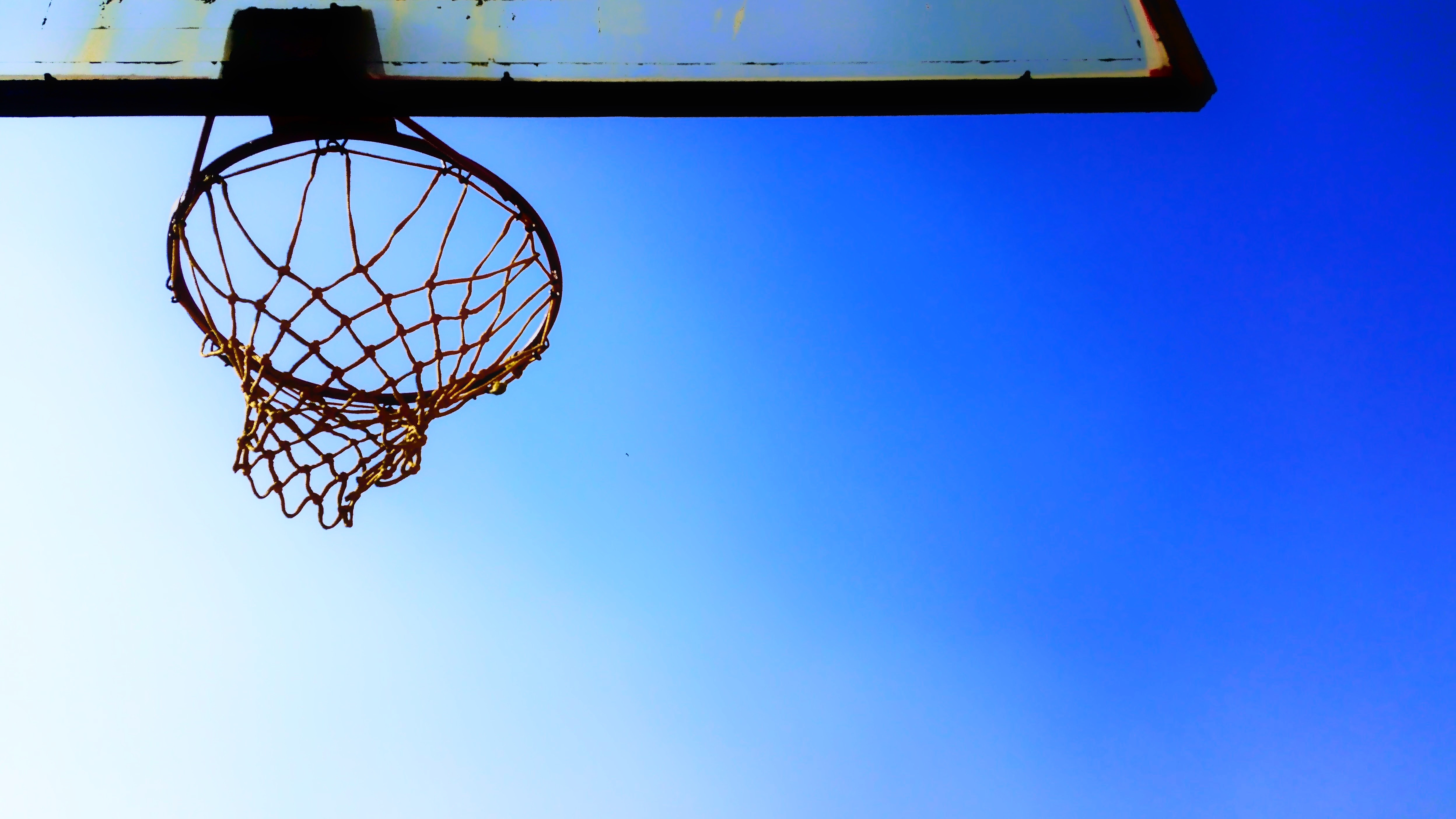

![[Subscription Customers Only] Jun 15, 2025; Seattle, Washington, USA; Botafogo owner John Textor inside the stadium before the match during a group stage match of the 2025 FIFA Club World Cup at Lumen Field.](https://frontofficesports.com/wp-content/uploads/2026/02/USATSI_26465842_168416386_lowres-scaled.jpg?quality=100&w=1024)

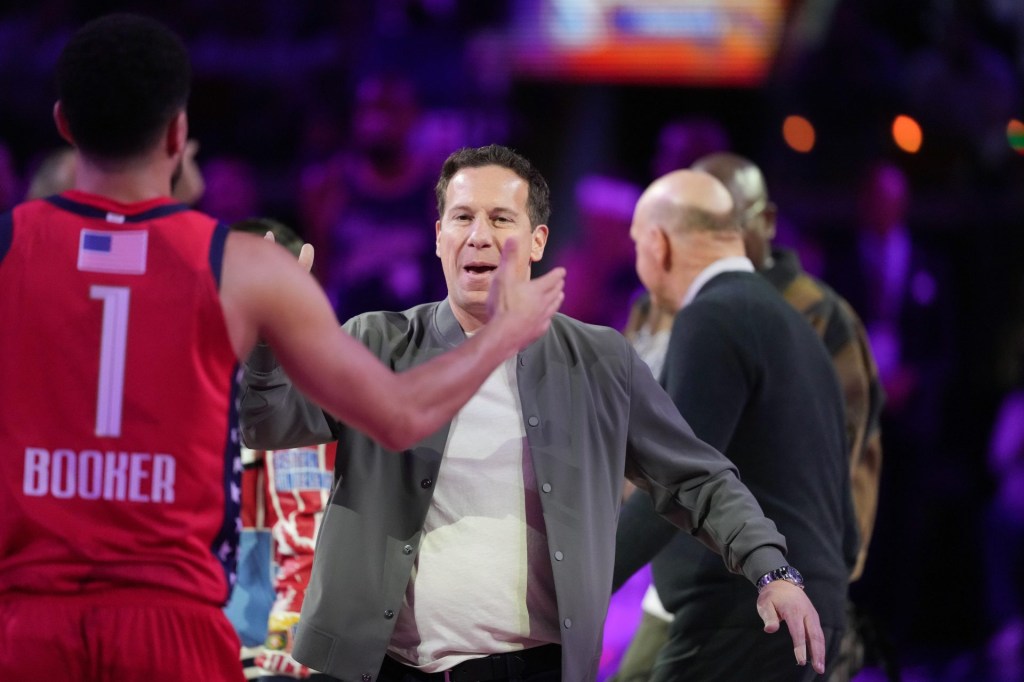
![[Subscription Customers Only] Jul 13, 2025; East Rutherford, New Jersey, USA; Chelsea FC midfielder Cole Palmer (10) celebrates winning the final of the 2025 FIFA Club World Cup at MetLife Stadium](https://frontofficesports.com/wp-content/uploads/2026/02/USATSI_26636703-scaled-e1770932227605.jpg?quality=100&w=1024)



